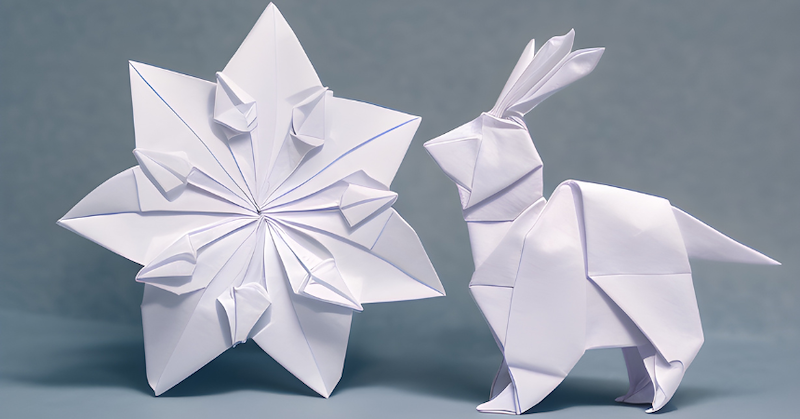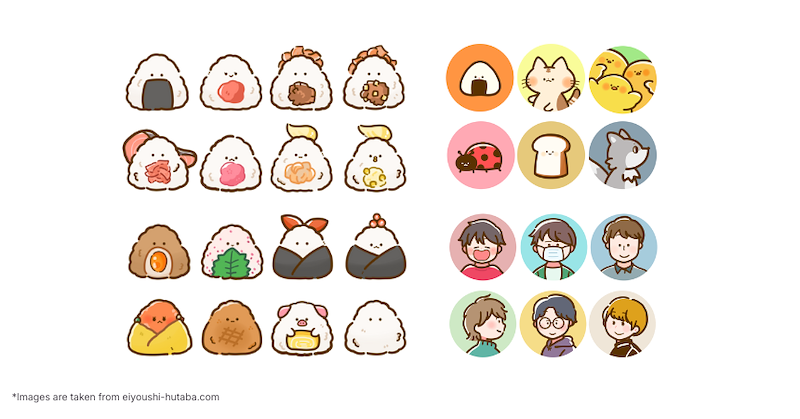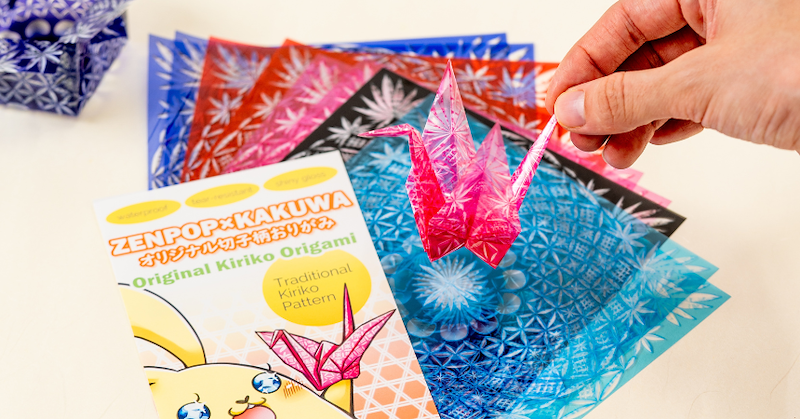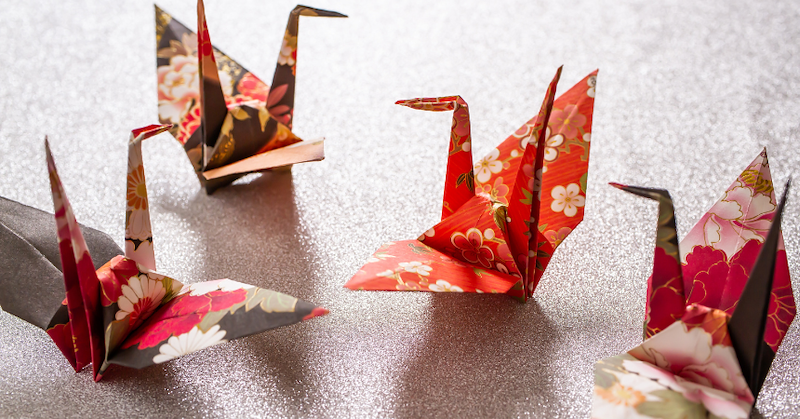
How to Make a Paper Crane Origami?
Origami, the ancient Japanese art of paper folding, is a popular hobby enjoyed by people of all ages. While there are many different kinds of origami, the crane is perhaps the most well-known and beloved origami figure. In this blog post, we will show you how to make your very own crane origami! So grab some paper and let's start making an easy crane origami!
Is making a paper crane hard?
The crane origami looks so intricate that most people think it’s hard to create one. But in reality, you won’t find it that hard.
With just a bit of practice, you will memorize the steps to the crane origami in no time! Whether you’re a beginner or experienced in origami, as long as you follow our guide, you can make colorful paper cranes.
How do you make a crane origami out of regular paper?
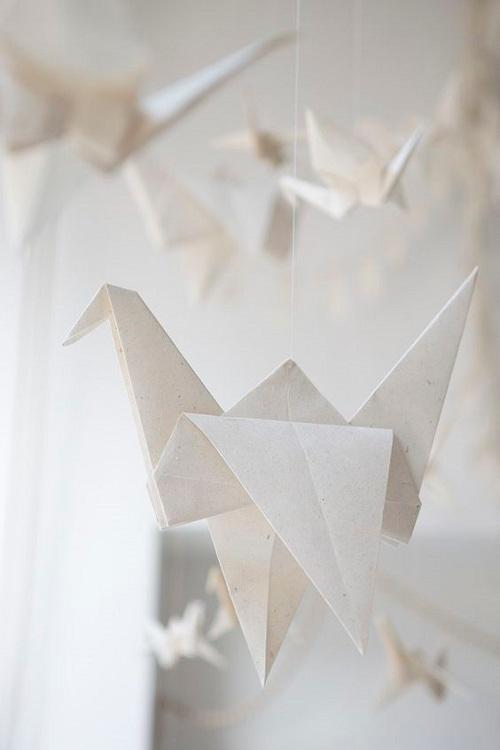
“I only have bond paper at home. Can I still make a crane origami?” This is probably what you’re asking yourself when you only have this plain white paper at home. The good news is that crane origami can easily be made even with regular plain paper.
The only important step is to start with a square base. Cut the excess part of your regular paper, so you can start making your crane origami immediately.
How do you make an easy origami crane?
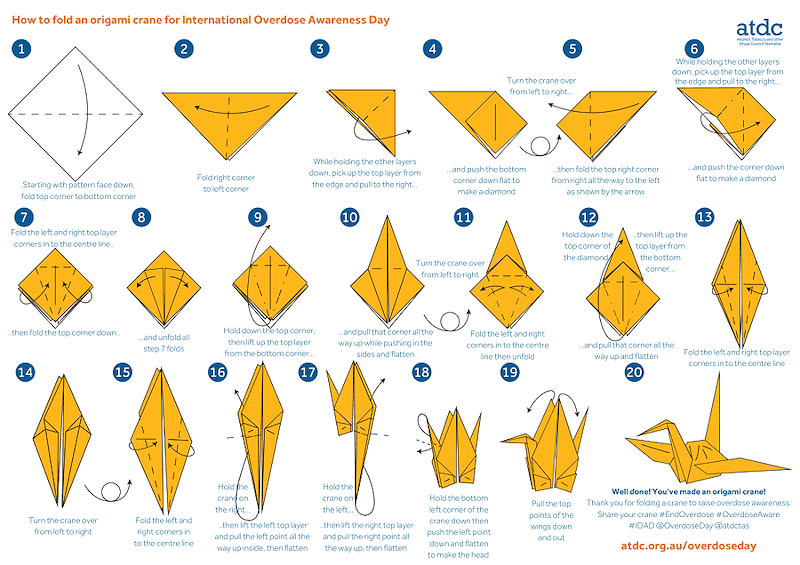
- Begin your crane with a square origami paper. You can usually find this type of paper in craft stores. Feel free to use paper sheets that are colored on both sides. In case you’re using a thick sheet of paper, we highly recommend a size of 8x8.
- Fold the paper in half by holding one corner and joining it with the opposite corner. When using origami paper, the colored side should be outside at this point. You should get a triangle.
- From one corner, fold it once again, joining it with the opposite corner with the other. The triangle will be smaller this time.
- Open the top flap to create a square shape on that side and make creases on both sides. Flip it over and repeat this step with the other side. Now, your paper origami should be a square. This is called the preliminary base.
- Start with one side. Fold one flap with its edge reaching the center, make a crease, then unfold. These same steps apply to the opposite side. Then, fold the top flap and make a crease. Unfold afterward.
- From the bottom corner, pull the paper upward, creating a diamond shape. Push and flatten.
- Repeat the two previous steps on the opposite side. By now, you should have diamond-shaped paper.
- Pick a top layer and fold both sides, making them meet at the center. Flip the paper, then do the same thing on the other side.
- Hold one side then fold the pointed end on the other side upward. This step also applies to the opposite side.
- Pick a side for the head. Hold its bottom corner then, with your fingers, push the top pointed side down to create the head.
- Pull the pointed points down.
- Fold the wings on each side. And you’re done!
Paper Crane Variations
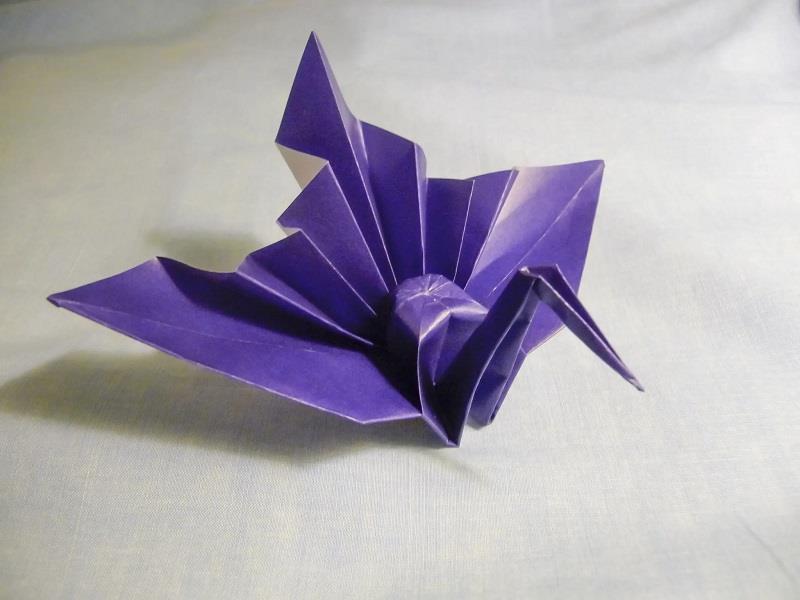
Crane Origami with Wavy Wings
The steps written above are for making one variation of the crane origami. There are plenty of ways to create a paper crane. Others have shorter necks or even multiple heads. Some have differently sized wings, while others have wavy wings. Some are meant to be free-standing, while others are meant to be hung from a string or ceiling.
In addition to these physical characteristics, there are also variations in the way the paper is folded. Some origami masters have devised their own unique folding patterns for creating paper cranes, resulting in an almost endless range of possibilities. So, whether you're looking for a unique decoration or simply want to test your origami skills, give one of the many paper crane variations a try.
The Cultural Significance of Crane Origami in Japan
The paper crane is Japan’s symbol of peace.
The crane is a symbol of good luck and longevity in many cultures, but in Japan, it holds a special significance. This can be seen through the practice of origami crane folding, made popular by the story of Sadako Sasaki.
Her tale continues to spread throughout generations as a reminder of the tragedy and devastation brought on by war and the power of hope and perseverance in the face of adversity.
Is it true that if you fold 1000 paper cranes you get a wish?
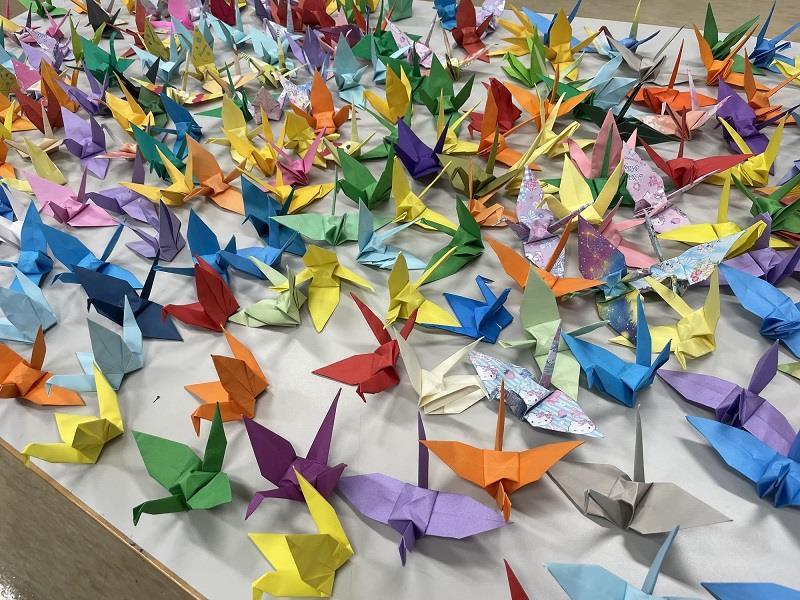
You may have heard that if you fold 1000 paper cranes or senbazuru (千羽鶴), you get a wish granted. This belief originates from the story of Sadako Sasaki. Though she was only able to complete 644 before passing away, her story inspired many people to continue folding in her memory and make their own wishes come true.
However, it's important to note that there is no guarantee that your wish will be granted. Some believe that the act of folding 1000 cranes brings good luck in general rather than granting specific wishes. Ultimately, whether or not your wish comes true depends on your own beliefs and efforts toward making it happen.
And even if nothing miraculous occurs, the process of folding all those paper cranes is still quite rewarding in itself!
Sadako Sasaki: The Girl Who Tried to Make 1000 Paper Cranes
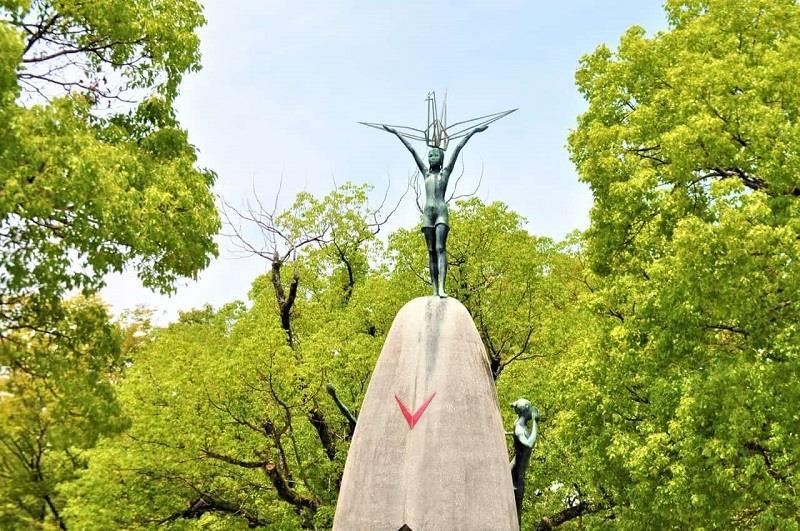
The story of Sadako Sasaki is both heartbreaking and inspiring. At the young age of two, she was exposed to the radiation from the atomic bomb dropped on Hiroshima during World War II.
Years later, in 1955, she was diagnosed with leukemia—a common side effect of exposure to radiation. While she was in the hospital, Sadako learned about the Japanese legend that anyone who folded a thousand origami cranes would be granted a wish by the gods. Despite her weakening condition, Sadako set out to fold as many cranes as she could—eventually reaching 644 before passing away at just 12 years old.
Her friends and classmates took it upon themselves to finish folding the remaining 356 cranes in her honor. In 1958, a statue standing tall in Hiroshima Peace Park was erected with Sadako holding a golden crane above her head, advocating for world peace.
Today, paper crane folding remains a treasured tradition in Japan and can often be seen at weddings, funerals, and other important events as symbols of love and hope for the future. They are even given as gifts to bring good luck on exams or job interviews. The next time you encounter an origami crane in Japan, remember its unique cultural significance and all it represents.
The Largest Origami Crane Display in The World
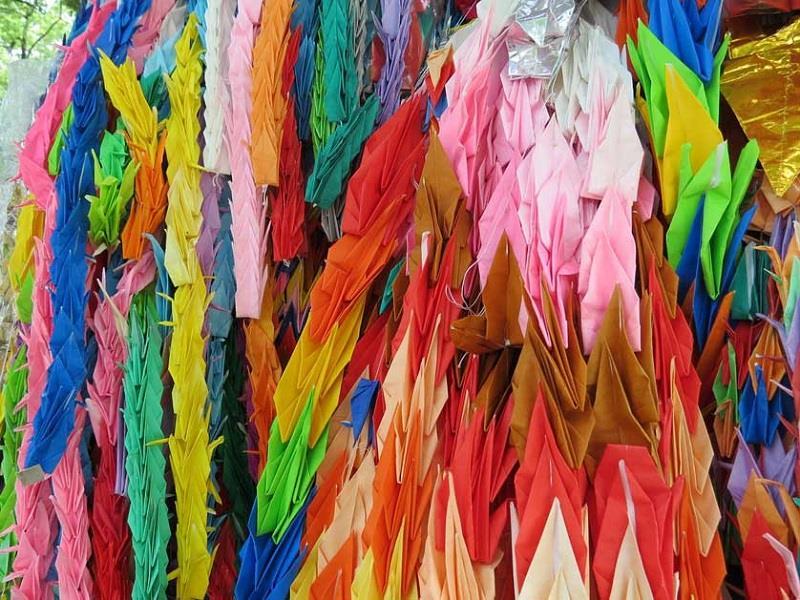
On July 31, 2022, GP43 Limited (a company in China) achieved the greatest exhibition of origami cranes with 2,331,631 pieces in Kowloon City, Hong Kong.
The event aims to inspire and bless Hong Kong residents who have been suffering as a result of the pandemic in recent years. The origami crane is a sign of wishes and blessings. It took eight months for 360,000 people to make these origami cranes.
Where Can You Find Beautiful Paper for Origami?
The paper you choose can completely change how an origami piece feels. Japanese origami paper is loved for its balanced weight, smooth folding, and thoughtful patterns—making it easier to achieve clean creases and elegant shapes. If you’re curious about how different papers affect folds, or want a gentle introduction to techniques and Kiriko-style designs, you may enjoy our Simple Origami Guide: Easy Folds, Tips & Kiriko Paper Tutorial, which walks through paper choices and basic folding step by step.
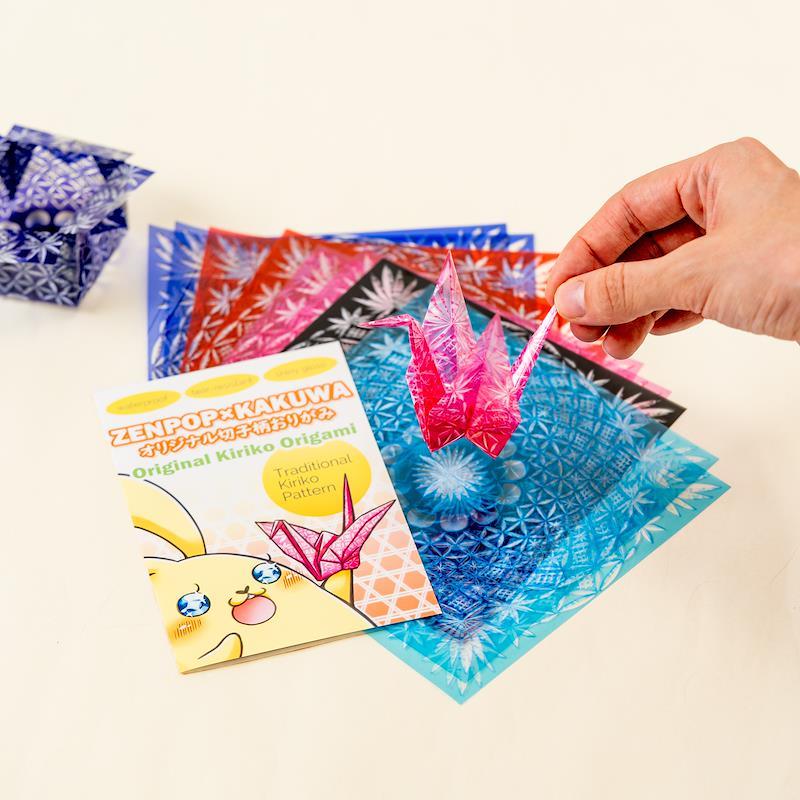
To make your paper cranes and other origami creations even more special, you can also explore a curated selection of Japanese design papers at the ZenPop Store.
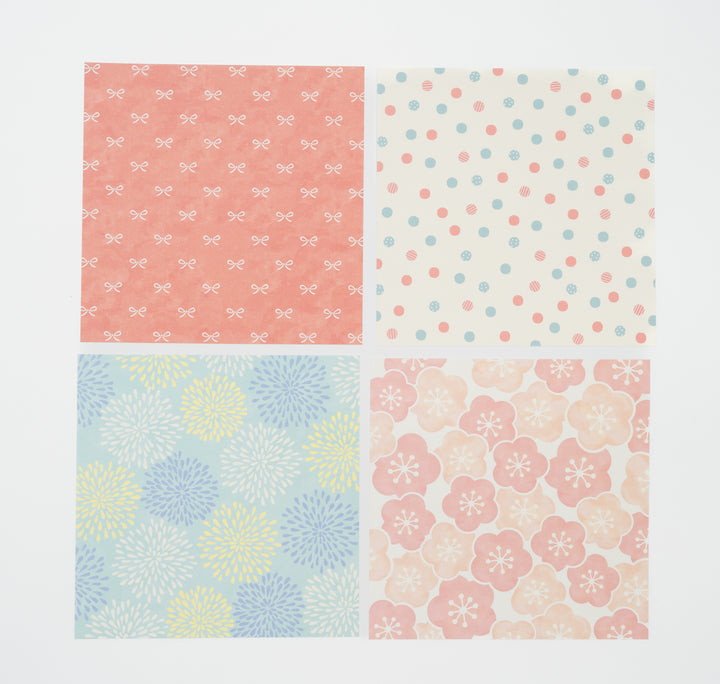
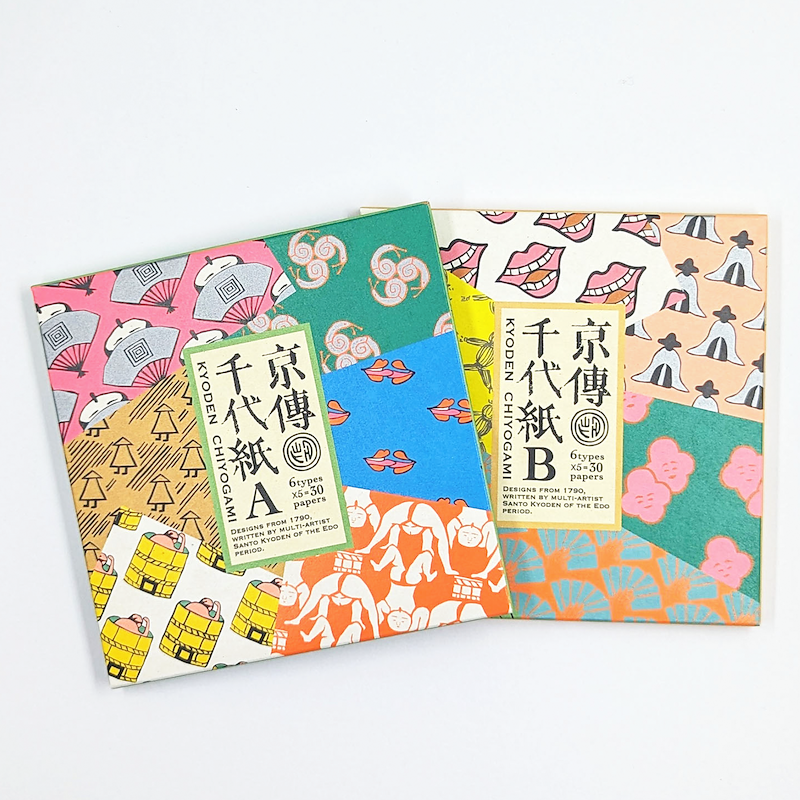
From subtle textures to playful prints, these papers are made for folding and bring a quiet charm to every piece you create.
